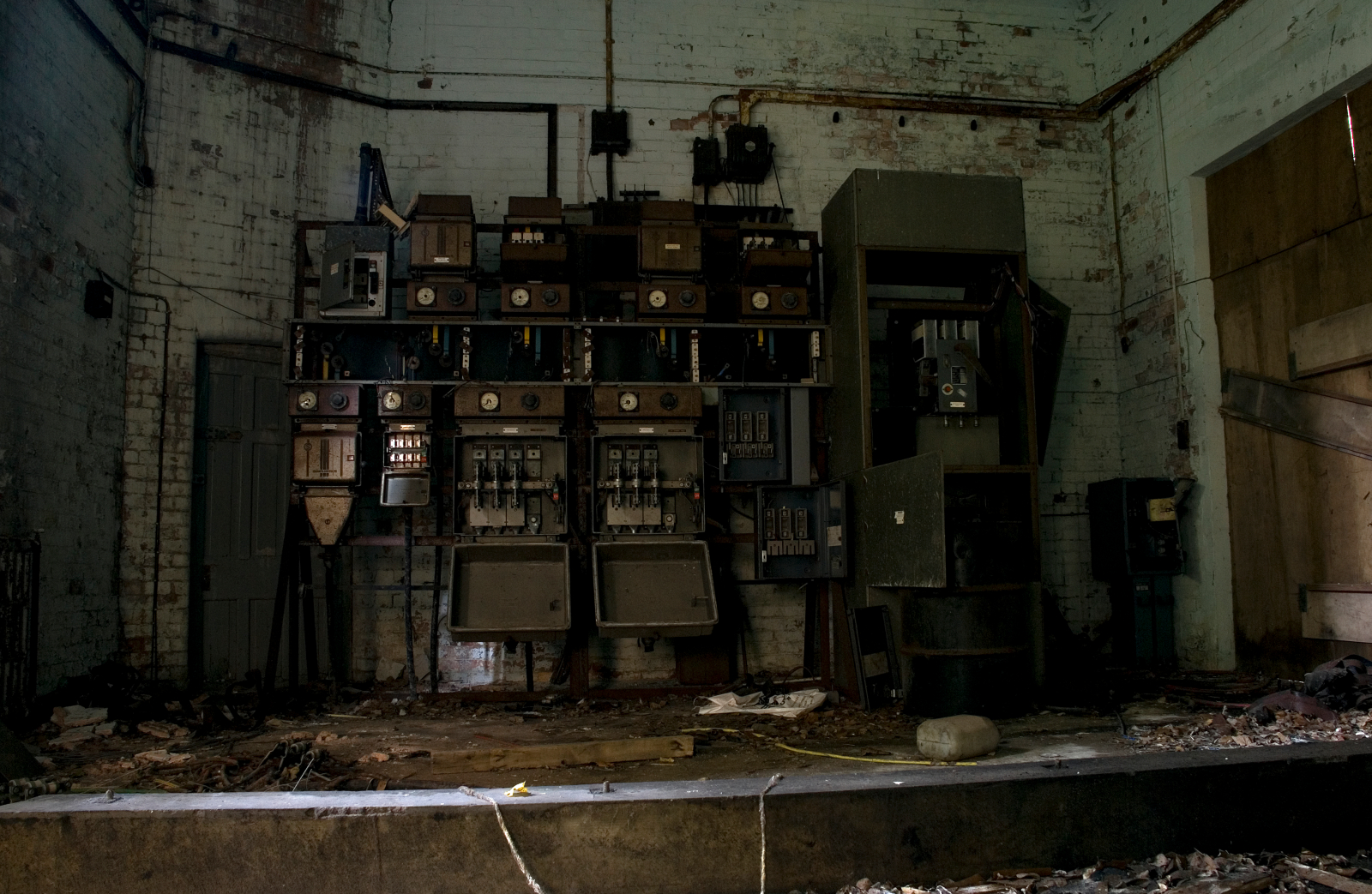
Today, we are starting to take the politics of mental health more seriously. Though the anti-authoritarian left lacks anything like the anti-psychiatry movement of the past, people are now organising around shared experiences of mental ill health. Here are eight points we need to think about when discussing mental health, illness, and organising now and in the future.
1. We might not be ‘ill’ after all…
Psychiatry has existed for over 100 years. But so far it has found no biological evidence for the existence of mental illness – aside from the ‘organic’ disorders such as dementia. Blood tests and brain scans cannot detect depression, schizophrenia or eating disorders. There is also no evidence for neurological or genetic causes of mental illness, and no disease processes have been demonstrated.
Recently psychiatrists have denied that the science ever promoted the still popular ‘chemical imbalance’ theory of mental illness. Some have called into question the effectiveness of antidepressants and long-term antipsychotic use. Even the head of the US National Institute for Mental Health has rejected the DSM – the Diagnostic and Statistical Manual of Mental Disorders – on the grounds that it does not reflect scientific evidence.
2. …and yet we still speak the language of psychiatry.
This is not to say that there is no evidence of neurobiological, endocrinological or morphological aspects to the experience of psychic pain. As we are embodied beings it would be surprising if there weren’t. When we talk about mental illness we are usually talking about experiences felt in the body. As the Midlands Psychology Group have observed, “all experience is enabled by the biological capacities” of that embodiment.
3. We need to return to a political analysis of lived experience…
When we talk about mental illness, we’re talking about this embodied experience. Depression or anxiety is something you live inside. Psychosis colours our worlds. These kinds of extreme states profoundly alter basic co-ordinates of experience, like self and other, inside and outside, real and unreal. Speaking the language of biomedical psychiatry can mean losing this emphasis on experience. With it, we risk losing a political analysis of bodily existence within a material social environment.
Psychiatry and mainstream psychology have justified the physical and chemical incarceration of – or, beyond hospital walls, control over – workers, the unemployed, people of colour, young people, and LGBTQ people. When we use the language of psychiatry we risk naturalising the suffering that it promotes on behalf of capitalism. We also block our ability to critique the pathologisation of marginalised groups.
4. …and to speak the language of madness amongst ourselves…
Just as queers, feminists, people of colour and other subjugated groups have reclaimed language in a bid to decolonise their experience, so too can the psychiatrised. Reconfiguring psychosomatic suffering as the result of various and intersecting oppressions, we could begin to fight against psychiatric mystification through the formation of consciousness-raising groups. As David Cooper argues in The Language of Madness, we might also be able to conceive of “madness…as a movement…towards autonomy.”
Instead, we could speak of madness, or perhaps ‘creative maladjustment’. We can recognise our symptoms as ways of coping with what capitalism inflicts upon us.
5. …but using whatever weapons lie to hand.
The truth or falsity of claims about ‘mental illness’ or ‘mental health’ are less important than what they can be made to do. In our everyday lives and in our politics we can use the language of psychiatry strategically to gain what we need. We could make the need for ‘mental health’ into a demand, and turn suffering into a weapon.
6. We have to be realistic…
While people are dying due to a lack of psychiatric beds, day centre closures are ongoing. Psychiatrists still gate-keep access to drugs that trans people need. We can’t just critique the capitalist medical model: people require beds now. They need access to services now. They need appropriate medications now. As it stands, diagnoses are essential to accessing what little safety and therapeutic and financial support there is.
7. …and demand the impossible.
While we can’t simply withdraw ourselves from using psychiatric services, we might begin to think about building autonomous counter-infrastructures and practices of care outside and beyond the state, premised on empathy as the bedrock of solidarity. This might mean learning from protests, such as the London Black Revolutionaries mass die-in.
8. We also need to experiment with the future of caring for ourselves.
This could take the form of consciousness-raising groups, listening spaces, a network of non-psychiatric crisis spaces, and/or the collaboration of sufferers, skilled workers and carers (categories that can describe a single person), creating radical experiments and setting up autonomous caring institutions.
It could also involve militant mental health workers – nurses, counsellors, advocates, psychologists, and radical psychiatrists – forming mutual aid organisations like Soccorso Rosso or the Black Panthers survival programs. It might mean looking at producing and distributing drugs that provide therapeutic altered states of consciousness. It should certainly involve reflecting on ‘organisational culture and mental health’.
Above all it will mean fostering a radical politics centred on valorising care, and a militant empathy.